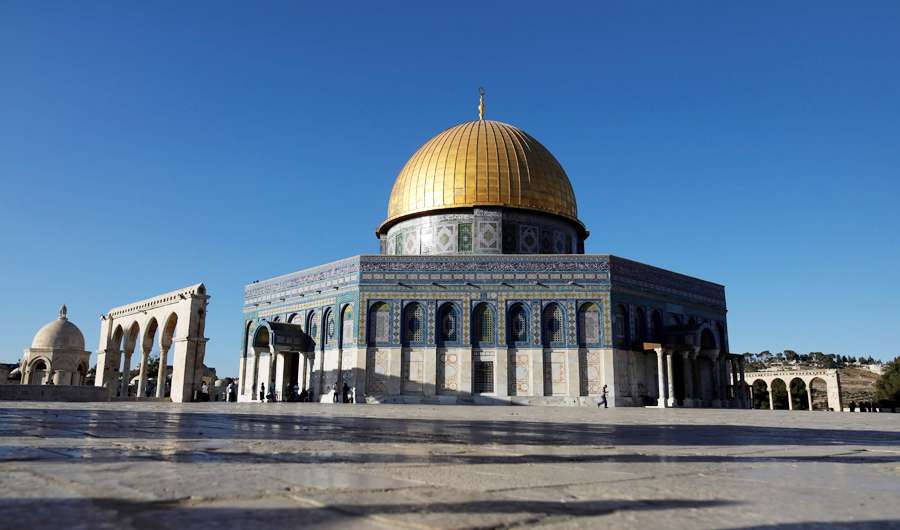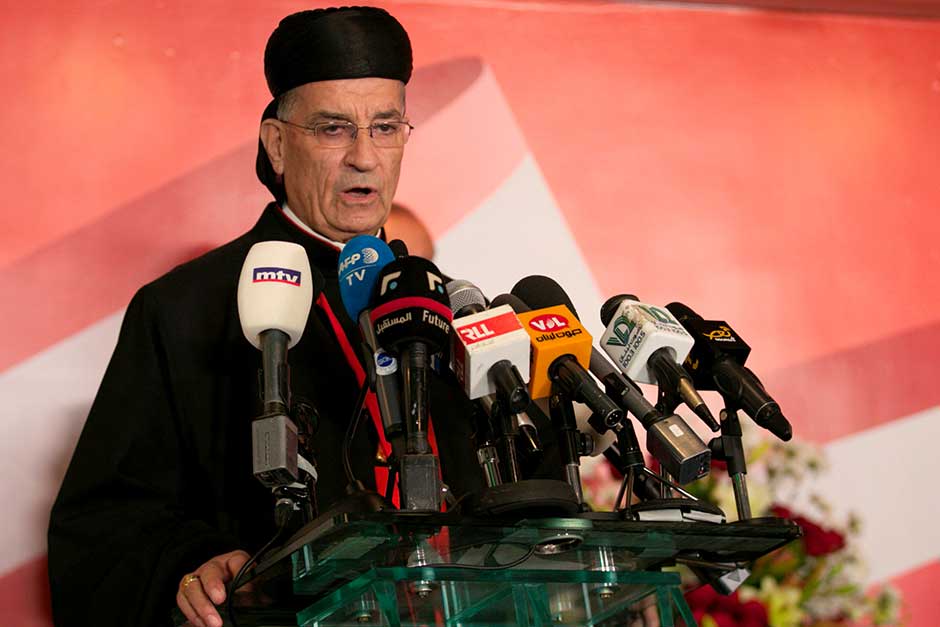ANKARA: While Turkey’s COVID-19 vaccination program has been under way since Jan. 13, there has been no official declaration about whether refugees, registered or unregistered, will be immunized.
Turkey has so far received 3 million doses of vaccine and has vaccinated about 2 million citizens.
There is, however, uncertainty as to what extent the whole population will be inoculated in the shortest timeframe amid speculation that the number of vaccines available is insufficient.
The lack of any official declaration about the inclusion of migrants in the vaccination timeline may be to avoid any public backlash given negative public sentiment about Syrian refugees in Turkey.
However, experts draw attention to the responsibility of state authorities to protect members of this vulnerable group by allocating vaccines for them, not only for their own safety but also for the general health of the public.
There are about 4 million refugees registered in the country but it is difficult to estimate the number of unregistered migrants in Turkey. Last year, about 122,000 unregistered migrants were caught in Turkey, while this number was 454,000 in 2019. Hundreds of thousands more are believed to live in precarious conditions that make it impossible to follow hygiene measures to protect against the coronavirus, such as buying masks.
Metin Corabatir, former spokesman for the UN refugee agency UNHCR in Turkey and president of the Research Center on Asylum and Migration (IGAM) in Ankara, said that thousands of unregistered migrants continued to arrive in Turkey due to its long maritime and land borders with neighbors.
“Some nationals of countries with which Turkey signed visa exemption agreements over recent years also stayed in the country irregularly, including domestic workers, after their short-term visa expired,” he told Arab News.
Corabatir said that some EU countries had already begun projects to include refugees in their vaccination program to prevent a risk of contagion in the coming months.
“You cannot be sure whether the man who sits near to you in the bus is an irregular migrant or not. Therefore, an exhaustive vaccination program without discriminating against any vulnerable group is a must,” he said.
Refugees in Turkey, who live close to or below the poverty line, have been hard hit by the pandemic.
Working mostly in the informal sector without any social security, they have always been vulnerable to economic shocks. Lockdown practices, restrictions of movement and the acute economic difficulties of some sectors have added to their difficulties.
Omar Kadkoy, a migration policy analyst at the Ankara-based think tank TEPAV, thinks that not vaccinating migrants in Turkey is counterproductive in curbing the spread of the virus.
“The virus does not discriminate based on nationality or based on legal status. Everybody is at risk of contracting the virus and everybody has the potential to spread COVID-19,” he told Arab News.
For Kadkoy, it is no surprise that registered and unregistered refugees have not been included in the vaccination process.
“Refugees must be included in the government’s designated groups of priority. For the unregistered, it already means exclusion from accessing the basic right of health services,” he said.
For the time being, Kadkoy said, the government should issue temporary IDs so that anybody who is undocumented becomes eligible for vaccination.
“Thereafter, the given IDs could be used to process claims for complete documentation. In doing so, Turkey would stand at an equal distance from birth rights and human rights,” he said.
More than 3,400 health care service staff are employed in 177 migrant health centers, putting extra emphasis on the danger of exposure of migrants to the contagion.
Access to health care services also appears to be a serious barrier for migrants during the pandemic.
“Hospitals in Turkey have to accept migrants under emergency situations. But unregistered migrants know very well that after their treatment the hospital authorities will inform the officials about their access to the health care services. Therefore, they will quickly be taken to the deportation centers,” Corabatir said.
Experts warn that by not including migrants in the vaccination program there is a serious risk that they will not go to hospitals, even after they have contracted the coronavirus.







